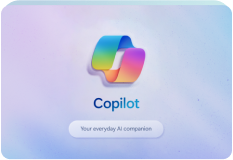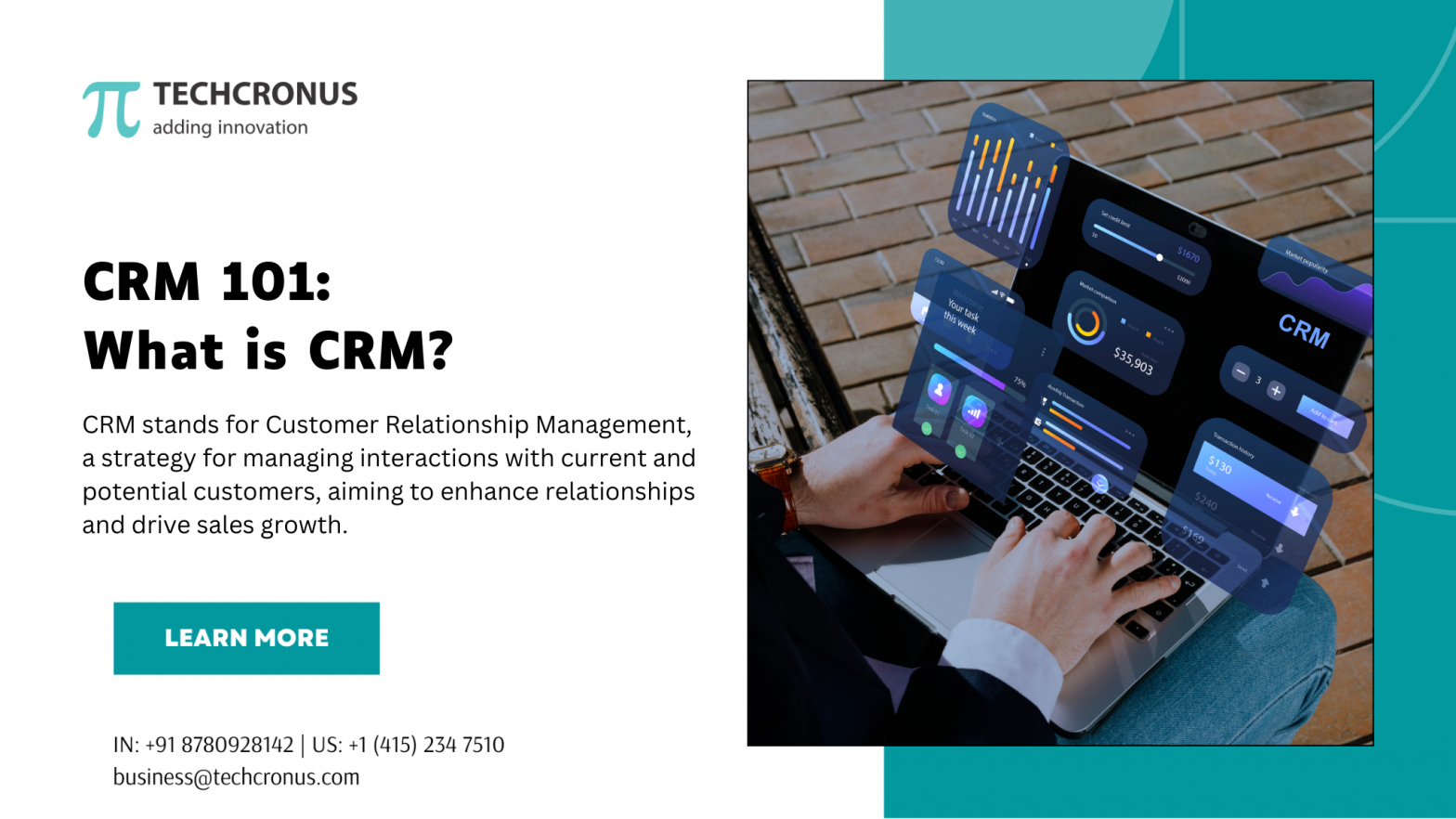Table of Contents
This is a basic definition of CRM.
Customer relationship management (CRM) is a system that helps you manage all of your company’s relationships and interactions with current and prospective customers. The idea is straightforward: improve business relationships to expand your business. A CRM system enables businesses to stay connected to their consumers, reduce procedures, and increase profitability.
When people talk about CRM, they usually mean a CRM system, which is a tool for contact management, sales management, agent productivity, and other tasks. CRM technologies may now be used to manage customer connections throughout their full lifecycle, including marketing, sales, digital commerce, and customer support interactions.
A CRM solution allows you to focus on your organization’s relationships with individual people — such as customers, service users, colleagues, or suppliers — throughout the entire lifecycle of the relationship, including finding new customers, winning their business, and providing support and additional services.
Introduction to CRM
Defining CRM
CRM, or Customer Relationship Management, refers to a set of practices, strategies, and technologies that companies use to manage and analyze customer interactions and data throughout the customer lifecycle. The primary goal of CRM is to improve relationships with customers, enhance customer satisfaction, and drive sales growth.
Importance of CRM in Business
CRM plays a pivotal role in helping businesses build and maintain strong relationships with their customers. By leveraging CRM tools and techniques, companies can gain valuable insights into customer preferences, behaviours, and needs, enabling them to deliver personalized experiences and tailored solutions.
Evolution of CRM
Traditional CRM Methods
Historically, CRM involved manual processes, such as keeping handwritten records or using spreadsheets to track customer information. While these methods served their purpose, they were often time-consuming, error-prone, and limited in their capabilities.
Modern CRM Systems
Today, CRM has evolved significantly, thanks to technological advances and the widespread adoption of digital platforms. Modern CRM systems leverage cutting-edge software solutions and data analytics to streamline customer interactions, automate tasks, and drive business growth.
Key Components of CRM
Customer Data Management
Central to CRM is the effective management of customer data. This includes collecting, storing, and organizing customer information, such as contact details, purchase history, and communication preferences, in a centralized database.
Sales Automation
CRM systems enable sales teams to automate repetitive tasks, such as lead generation, contact management, and sales forecasting, allowing them to focus on building relationships and closing deals more efficiently.
Marketing Automation
With CRM, marketing teams can automate various aspects of their campaigns, such as email marketing, social media management, and lead nurturing. By delivering targeted messages to the right audience at the right time, companies can drive engagement and conversions.
Customer Service and Support
CRM platforms facilitate seamless customer service and support by providing tools for ticket management, case tracking, and self-service portals. By resolving customer issues promptly and effectively, businesses can enhance satisfaction and loyalty.
Benefits of CRM
Improved Customer Relationships
One of the primary benefits of CRM is its ability to strengthen relationships with customers. By understanding their needs and preferences, companies can deliver personalised experiences and anticipate their future requirements, fostering loyalty and advocacy.
Enhanced Customer Satisfaction
CRM enables businesses to provide timely and relevant support, resolve issues quickly, and deliver consistent experiences across all touchpoints. As a result, customers are more satisfied with the products or services they receive, leading to higher retention rates and increased lifetime value.
Increased Sales and Revenue
By empowering sales teams with the tools and insights they need to identify opportunities, nurture leads, and close deals effectively, CRM contributes to revenue growth and profitability. Moreover, by cross-selling and upselling to existing customers, companies can maximize their sales potential.
Streamlined Business Processes
CRM streamlines various business processes, such as lead management, order processing, and invoicing, by automating routine tasks and eliminating redundant workflows. This not only improves efficiency but also reduces costs and enhances productivity.
Implementing CRM
Assessing Business Needs
Before implementing CRM, companies should assess their specific business needs and objectives to ensure they select the right solution. This involves identifying pain points, defining goals, and evaluating potential ROI to justify the investment.
Choosing the Right CRM Software
With numerous CRM software options in the market, choosing the right one can be daunting. Companies should consider factors such as scalability, customization options, integration capabilities, and user-friendliness when selecting a CRM solution that aligns with their requirements.
Training Employees
Successful CRM implementation requires adequate training and support for employees to ensure they understand how to use the system effectively. By providing comprehensive training programs and ongoing assistance, companies can maximize user adoption and optimize the benefits of CRM.
Common Challenges in CRM
Data Security and Privacy Concerns
One of the biggest challenges in CRM is ensuring the security and privacy of customer data. With increasing regulations and cybersecurity threats, companies must implement robust security measures and adhere to compliance standards to protect sensitive information.
Resistance to Change
Resistance to change can impede CRM adoption and implementation efforts within organizations. To overcome this challenge, companies should communicate the benefits of CRM effectively, involve employees in the decision-making process, and address any concerns or objections proactively.
Integration Issues
Integrating CRM systems with existing software applications and legacy systems can be complex and challenging. Companies may encounter compatibility issues, data migration problems, and synchronization errors, requiring careful planning and execution to overcome.
Future Trends in CRM
Artificial Intelligence (AI) in CRM
AI-powered CRM solutions are revolutionizing the way companies interact with customers by enabling predictive analytics, sentiment analysis, and virtual assistants. By leveraging AI, businesses can anticipate customer needs, automate tasks, and deliver hyper-personalized experiences.
Personalization and Customization
Personalization is becoming increasingly important in CRM, as customers expect tailored experiences that resonate with their individual preferences and interests. By leveraging data analytics and segmentation strategies, companies can deliver personalized content, offers, and recommendations to enhance engagement and satisfaction.
Omnichannel CRM
With the proliferation of digital channels and devices, customers expect seamless experiences across multiple touchpoints, including websites, mobile apps, social media, and physical stores. Omnichannel CRM enables companies to integrate these channels and deliver consistent, cohesive experiences throughout the customer journey.
Conclusion
In conclusion, CRM is a vital strategy for businesses seeking to build strong, enduring relationships with their customers. By leveraging CRM tools and techniques, companies can gain valuable insights, streamline processes, and drive growth and profitability. As technology continues to evolve and customer expectations evolve, embracing CRM will be essential for staying competitive in today’s dynamic marketplace.
FAQs
1. What is CRM software?
CRM software, or Customer Relationship Management software, is a technology tool designed to help businesses manage and analyze interactions with their customers and prospects. It typically includes features for storing customer data, tracking sales activities, managing marketing campaigns, and providing customer support.
2. How does CRM benefit small businesses?
CRM offers several benefits to small businesses, including:
- Centralized customer data management, leading to better customer relationships.
- Improved sales and revenue through better lead management and sales tracking.
- Enhanced marketing effectiveness with targeted campaigns and customer segmentation.
- Streamlined customer support processes, leading to higher satisfaction levels.
- Overall efficiency gains by automating repetitive tasks and workflows.
3. Is CRM only for sales and marketing?
While CRM systems are commonly associated with sales and marketing functions, they can benefit various departments within an organization. Beyond sales and marketing, CRM systems can also support customer service, product development, and even human resources by managing employee relationships.
4. Can CRM be customized to specific business needs?
Yes, CRM systems can be customized to meet the specific needs and requirements of individual businesses. Most CRM software solutions offer customization options, allowing businesses to tailor the system to their unique processes, workflows, and industry-specific requirements.
5. What are the security considerations when using CRM?
Security is a critical consideration when using CRM software to protect sensitive customer data and business information. Some key security considerations include:
- Implementing strong access controls and user permissions to restrict unauthorized access.
- Encrypting sensitive data both in transit and at rest to prevent unauthorized interception or access.
- Regularly updating and patching CRM software to address security vulnerabilities.
- Conducting regular security audits and assessments to identify and mitigate potential risks.
- Training employees on data security best practices and raising awareness about potential threats such as phishing attacks.























